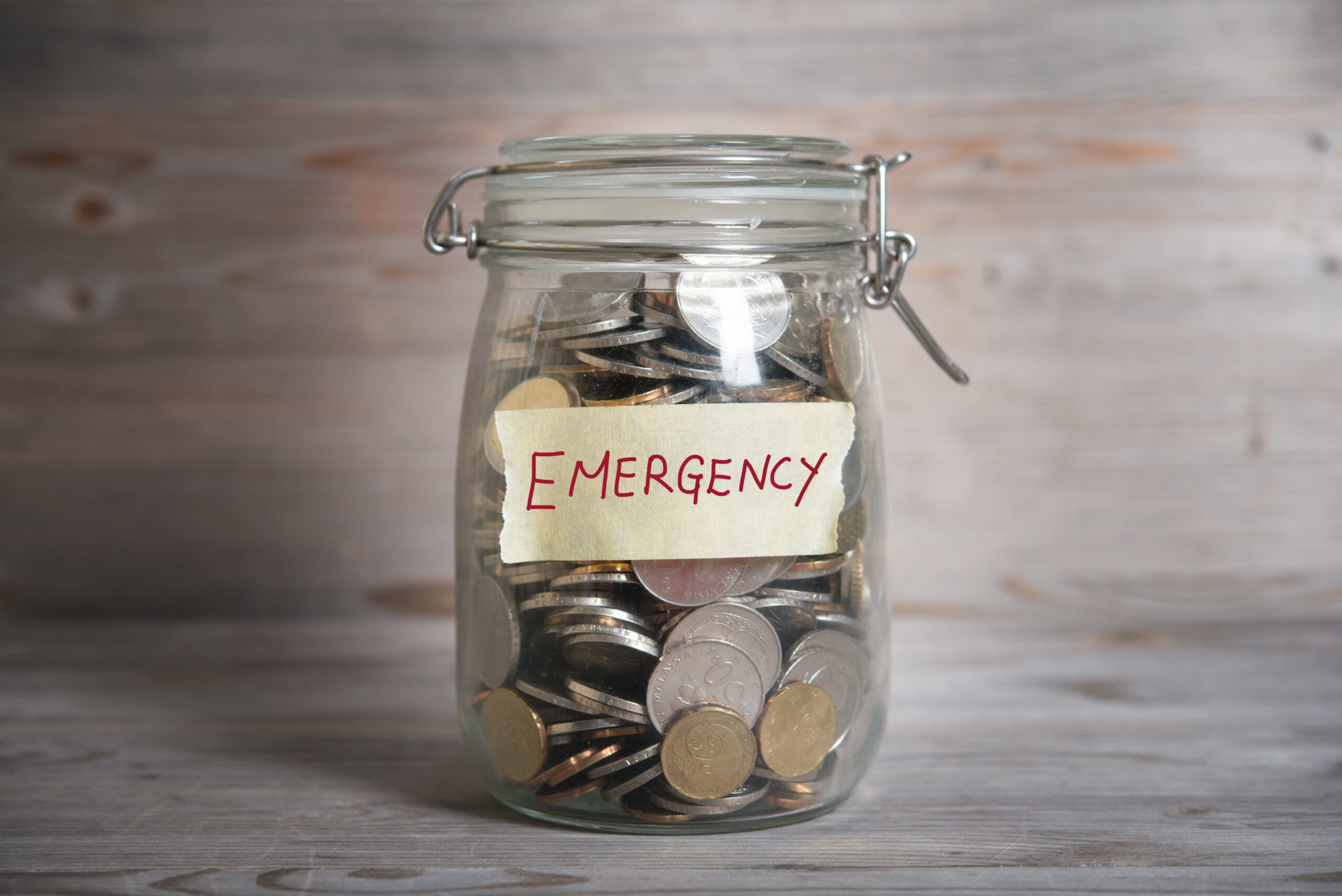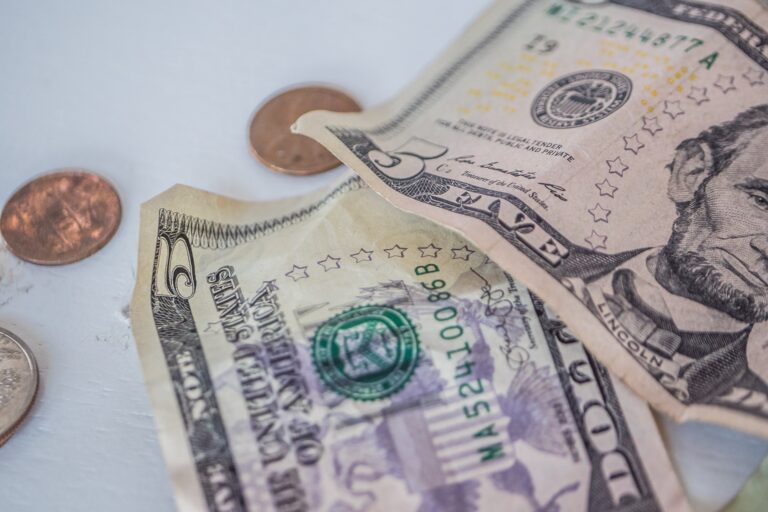In an era where economic uncertainty seems to be the only certainty, having an emergency fund has become more crucial than ever. As we navigate through the tail end of 2023, with its unique challenges and opportunities, understanding the importance of this financial safety net is vital.
Understanding an Emergency Fund
An emergency fund is essentially a financial buffer designed to cover unexpected expenses, such as a sudden job loss, medical emergencies, or urgent home repairs. Unlike other savings or investment accounts that are geared towards long-term goals, an emergency fund is all about immediate, accessible support in times of need.
The Current Economic Climate and Its Implications
As of November 2023, the world is witnessing fluctuating inflation rates, a dynamic job market, and varying interest rates. These factors underscore the importance of having an emergency fund. For instance, a sudden spike in inflation can drastically increase your living expenses, while job market unpredictability may pose risks to your steady income.
How Much Should You Save?
A general rule of thumb is to save enough to cover 3-6 months’ worth of living expenses. However, this can vary. For example, individuals with less stable jobs might need a larger buffer, while those with a steady income and fewer dependents might require less. Consider your unique circumstances when determining the size of your emergency fund.
Building Your Emergency Fund
Starting and growing an emergency fund can seem daunting, but it’s feasible with the right approach:
- Set a Monthly Savings Goal: Based on your income and expenses, determine a realistic amount to save each month.
- Budget Wisely: Look for areas in your budget where you can cut back, and channel these savings into your emergency fund.
- Choose the Right Savings Account: Opt for a high-yield savings account that offers easy access and good returns.
Overcoming Common Challenges
Building an emergency fund can be challenging, especially for those with limited income or high debt. The key is to start small. Even saving a small amount consistently can build up over time. For those living paycheck to paycheck, focusing on debt reduction and seeking ways to increase income can also be beneficial steps.
Maintaining and Managing Your Fund
Regularly review your emergency fund to ensure it aligns with your current financial situation. Use it only for genuine emergencies and replenish it as soon as possible afterward. Resist the temptation to dip into it for non-urgent expenses.
Conclusion
An emergency fund isn’t just a financial tool; it’s a cornerstone of financial peace of mind. As we brace ourselves for whatever 2024 might bring, let’s take proactive steps towards building this essential financial safety net.
We’d love to hear your thoughts and experiences on building an emergency fund. Feel free to share in the comments below or reach out for more personalized advice. Together, let’s make financial security a reality in these unpredictable times.





 GOOGL
GOOGL  META
META
Leave a Comment